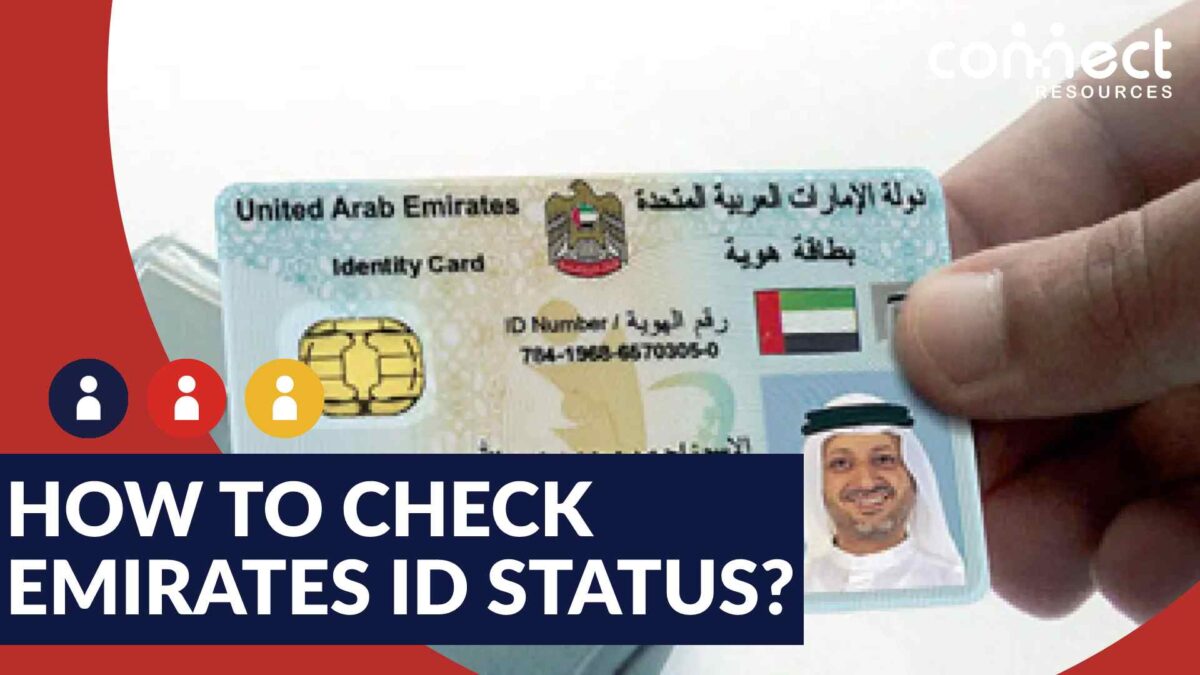Qatar, Kuwait & UAE IDs and Visa Information Guide

The Gulf region, particularly Qatar, Kuwait, and the United Arab Emirates (UAE), attracts millions of expatriates each year for work, tourism, and business. Each country has its own regulations for national IDs, residency permits, and visas, and understanding these systems is essential for anyone planning to visit or reside in these nations. While these countries share similarities in terms of economic opportunities and cultural richness, their identification and visa processes differ in important ways.
Qatar: ID and Visa Essentials
Qatar’s identification system is closely tied to its residency permits. The Qatar ID, issued by the Ministry of Interior, is mandatory for all residents, whether they are foreign workers or Qatari citizens.
Qatar ID
- Serves as proof of identity within the country.
- Contains personal information, a photo, and the residency permit number.
- Is required for nearly all transactions, from banking to hospital visits.
Visa Requirements
Qatar offers several types of visas:
- Work Visa: Sponsored by an employer and tied to the residency permit.
- Family Visa: Allows expatriates to bring family members, provided they meet income requirements.
- Tourist Visa: Available for short-term visits, with some countries eligible for visa-on-arrival.
- Transit Visa: Granted for passengers passing through Hamad International Airport for extended layovers.
The government has also made efforts to streamline visa processes through online applications and e-services.
Kuwait: ID and Visa Essentials
Kuwait’s civil ID is an essential document for all residents, including expatriates. Issued by the Public Authority for Civil Information (PACI), it is required for nearly all formal interactions in the country.
Kuwait Civil ID
- Includes personal details, a unique civil number, and an expiration date.
- Must be renewed before expiry to avoid penalties.
- Is linked to the holder’s residency status.
Visa Requirements
Kuwait offers a range of visa categories:
- Work Visa: Requires a job offer from a Kuwaiti employer and Ministry of Interior approval.
- Dependent Visa: Allows residents to sponsor immediate family members.
- Visit Visa: For short stays, typically for family visits or tourism.
- Multiple-Entry Visa: Useful for frequent business travelers.
Kuwait is strict about entry and residency regulations, and violations can result in heavy fines or deportation.
UAE: ID and Visa Essentials
The United Arab Emirates, composed of seven emirates including Dubai and Abu Dhabi, has a modern, technology-driven ID and visa system.
Emirates ID
- Issued by the Federal Authority for Identity and Citizenship.
- Contains a microchip storing biometric and personal data.
- Required for all residents and citizens to access government services, open bank accounts, and more.
Visa Requirements
The UAE offers a wide variety of visas:
- Employment Visa: Sponsored by a UAE-based company.
- Golden Visa: A long-term residency option for investors, professionals, and exceptional talent.
- Tourist Visa: Available for short stays, with some nationalities eligible for visa-free entry.
- Freelance Visa: Designed for self-employed individuals in certain sectors.
The UAE is known for fast processing times and online visa applications, making it easier for travelers and residents to manage their paperwork. Learn more about Qatar, Kuwait & UAE IDs and Visas Information.
Common Features Across Qatar, Kuwait, and UAE
While each country has its own systems, there are similarities:
- Sponsor System: In most cases, a local sponsor or employer is required for work and residency visas.
- Renewal Deadlines: ID and visa documents have strict renewal timelines to avoid fines.
- Digital Transformation: All three countries are increasingly shifting ID and visa services online.
- Security Measures: Biometric data collection is standard for identification purposes.
Tips for Managing Your ID and Visa in the Gulf
- Always Keep Your Documents Updated
Expired IDs or visas can lead to fines, travel restrictions, or legal complications. - Use Official Portals
Each country has an official website or mobile app for ID renewal and visa applications, reducing the need for physical visits. - Understand the Sponsorship System
Your sponsor plays a key role in your legal status, especially for employment and residency. - Carry a Copy of Your ID
While you may not need to carry your original ID at all times, having a digital or paper copy can be useful. - Know the Local Laws
Visa overstays or misuse of ID can result in serious penalties, including deportation.
Future Trends in Gulf ID and Visa Systems
The Gulf states are embracing digitalization and security innovations to make ID and visa processes faster and more secure. Some expected trends include:
- Biometric Integration: Fingerprint, facial recognition, and iris scans becoming more common.
- Mobile-Based IDs: Allowing residents to store their official IDs on smartphones.
- AI-Powered Verification: Using artificial intelligence to detect fraud and speed up application approvals.
- Unified Gulf Visa: Discussions around a shared visa system for GCC countries could transform regional travel.
Challenges for Expatriates and Travelers
While systems are becoming more efficient, challenges remain:
- Changing Regulations: Policies can shift quickly, requiring travelers and residents to stay informed.
- Document Translation: Some applications require Arabic translations of documents.
- Dependence on Sponsors: This can be restrictive for job changes or independent work.
- Fines for Minor Delays: Even short delays in renewals can result in penalties.
Conclusion
Qatar, Kuwait, and the UAE each have well-structured ID and visa systems designed to maintain security while accommodating millions of foreign residents and visitors. Understanding the requirements for each country is crucial for smooth entry and residency. As technology advances and governments invest in modernization, the process is becoming more user-friendly and efficient. Whether you’re moving for work, visiting for leisure, or investing in the region, being informed about these systems is essential.
In Breaking News, these nations continue to enhance their identification and immigration systems, making the Gulf region one of the most organized and secure destinations for global travelers and professionals.



